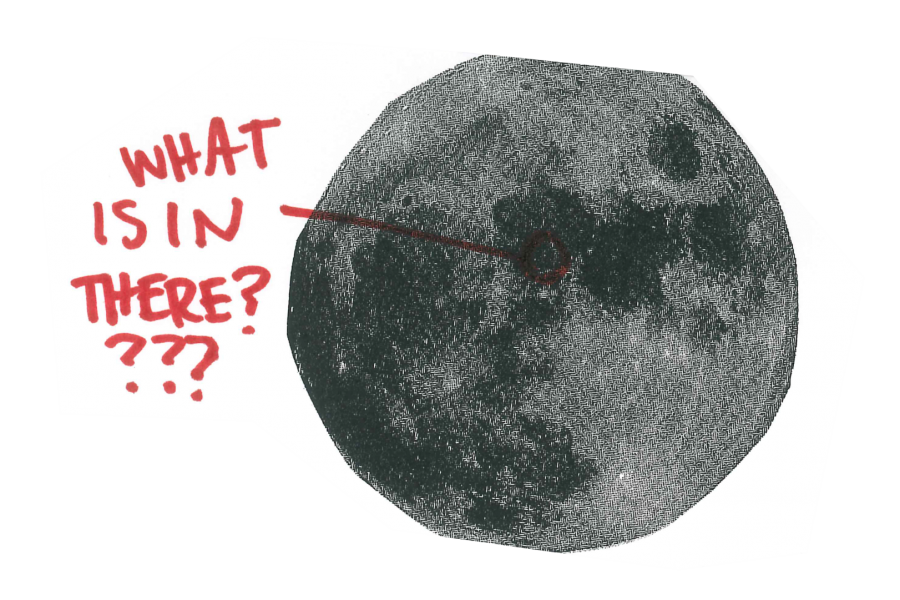Why do so many people believe conspiracies over what is reported
There are some conspiracy theories that are so seductive they have captured the hearts of a significant population of people in the United States. These are the people who are selectively doubtful and skeptical of the official narrative.
The National Survey of Fears–Wave 3, released in 2016, surveyed 1,511 Americans over the age of 18 on what they believed about popular conspiracy theories. About 54.3% of respondents believe the government was concealing information relating to 9/11, and 49.6% believe the same of the assassination of former President John F. Kennedy.
Over 40% believe the government is hiding information about alien encounters and global warming, and over 30% are about plans of a one-world government, former President Barack Obama’s birth certificate and the origin of the AIDS virus.
In 2013, Public Policy Polling national poll found correlations between beliefs in conspiracies over the official narrative and political affiliations.
The poll found, for example, that more conservative-minded people are more likely to believe global warming is a hoax, the New World Order is real and that a larger conspiracy was involved in the death of JFK.
People who believe in one conspiracy are also more likely to believe in another—or several.
But why?
It could be related to a human need for balance: Monumental effects should have monumental causes.
Published in a TIME magazine article, Patrick Leman, a lecturer in psychology at Royal Holloway University of London said: “We tend to associate major events—a president or princess dying—with major causes. If we think big events like a president being assassinated can happen at the hands of a minor individual, that points to the unpredictability and randomness of life and unsettles us.”
More recent research has uncovered three different reasons people might believe in conspiracy theories: a desire for certainty, a desire for control and security and a desire to maintain a positive self image.
Uncertainty is an uncomfortable state of being, and perhaps that can be enough to push someone down the rabbit hole of intricately thought-out explanations for the seemingly unexplainable.






